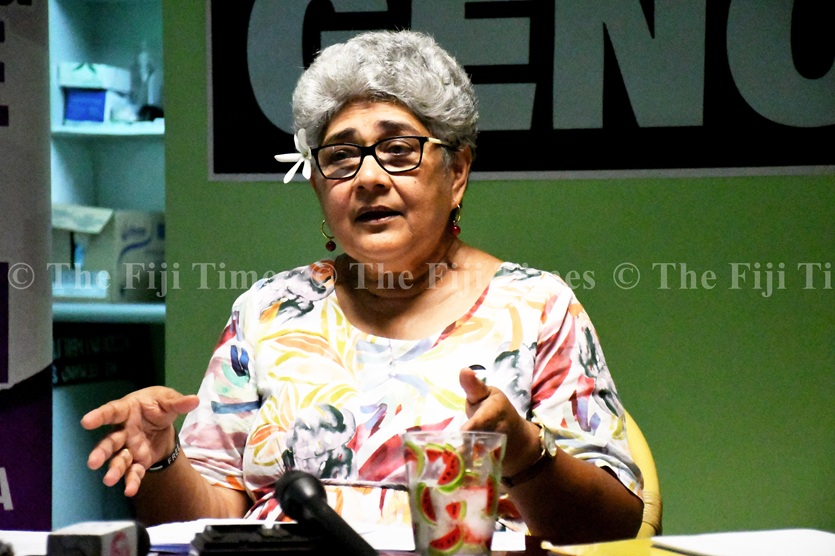Concerns about development partners trying to duplicate work already implemented by civil society organisations were raised at a talanoa session of the Pacific Technical Cooperation Session of the Convention on the Elimination of all forms of Discrimination Against Women (CEDAW) Committee.
Fiji Women’s Crisis Centre coordinator Shamima Ali said it was unfortunate that some development partners were trying to become implementers.
“They do not build what is here already,” she said.
“They do not acknowledge that. They need to fill the gaps rather than duplication, or implement new things.”
Referring to the FWCC’s Counsellor Training Manual, Ms Ali said the guide was developed with international best practices and feminist counselling in mind.
“We used it for almost two decades. Then a development partner came and said, ‘we want to have one for the Pacific, we’re going to develop one’.
“We fought that battle and said build on this one.”
Ms Ali said another development partner attempted the same, but through a government entity called the Regional Working Group on the Implementation of Family Protection/Domestic Violence Legislation.
“We fought back also, but eventually came to a compromise and agreed the foundation (of the regional counselling framework) would be the one we’ve been using successfully in the Pacific. The add-ons came from them. So that’s an example of what can happen if you aren’t alert and don’t know what’s happening around you.”
Ms Ali said the problem with the development sector in Fiji was not a lack of funds but an excess of funds and not knowing where to direct it.
Among her recommendations to the CEDAW Committee, Ms Ali said donors and development partners needed to respect partnerships as per the Paris Principles.



